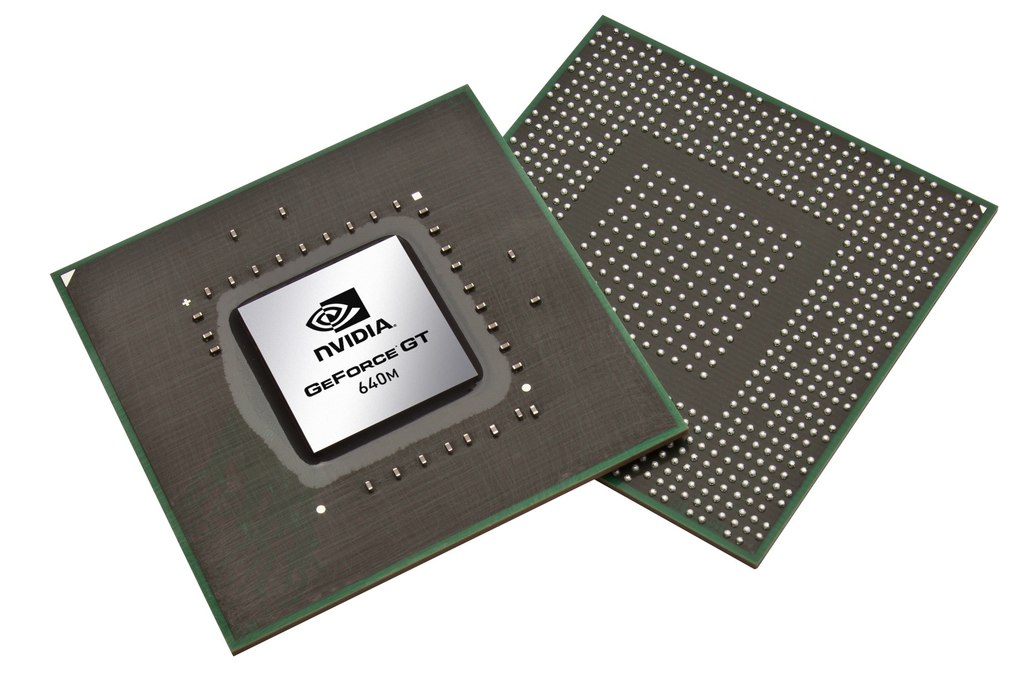The Death of the Desktop: How Kepler Is Killing Off the Gaming PC
Nvidia's Kepler architecture favours power efficiency over raw performance, but what does that mean for the humble gaming PC?
Today, Nvidia let loose the latest in pixel-pushing horsepower with the GTX 680, which is based on a brand-new architecture called Kepler. I was over in San Francisco to get the lowdown on the card at Nvidia's annual gathering of the press (the results of which you can check out here), and aside from a quite frankly absurd amount of talk about anti-aliasing and stream processors, there was also a hell of a lot of talk about power consumption.
That seemed strange to me. After all, for pretty much the entire history of the desktop graphics market, the emphasis has been on better performance and retina-melting graphics over any paltry concerns about power consumption. And then came the laptops. For as well as unveiling a new desktop part, Nvidia announced its entire line of laptop chips based on Kepler.
The difference this time was that the laptop guys--the ones always in the shadow of their louder, brasher desktop brethren--were suddenly very proud to talk about their wares. Their laptop parts aren't weak versions of their desktop counterparts; they're every bit as powerful, and just as capable of running the latest games. Suddenly, Nvidia's whole power consumption speech started to make sense.
To demonstrate this newfound laptop power, Nvidia booted up Battlefield 3, which was running at 1080p on high settings without any hiccups. It turned out that the demo was being run from Acer's new M3 Ultrabook; a super-slim laptop with eight hours of battery life and a new GeForce GT 640M GPU. I've tried running games like Crysis 2 and Battlefield 3 on the M3 myself, and it does indeed run them at maximum settings.
Now, that's impressive for lots of reasons. For one, the 640M isn't even a high-end laptop part, with the 650, 660, 670, and 675 all sitting above it in the graphics card food chain. But more than that, it's indicative of Nvidia's new approach to GPU design. If the desktop parts use less power, then it's much easier to shrink them down into something that will fit into a laptop, or into something even smaller like an Ultrabook.
And really, that's where the future lies. Desktop sales have been declining for some time, while laptop sales--particularly Ultrabooks--have been climbing. More so if you include Macs like the Macbook Air. If I can play all my favourite games on a sexy, slim laptop at settings that don't make my eyes bleed, why on earth would I need a gaming PC? They're bulky and a pain in the ass to maintain, and they use more electricity than I care to think about.
Nvidia is keenly planning for the future; it knows that the market lies not in the LED-laden gaming PC, but in the portable space. One day all laptops will be Ultrabooks. Much in the same way that one day perhaps all Ultrabooks will be tablets. And if I'm able to get my Battlefield 3 fix on the go thanks to a great GPU, all the better.
Kepler (as well as the mobile-focused Tegra chips) is the first step towards the death of the desktop PC as a gaming platform. It's not going to happen overnight by any means, but in the coming years I wouldn't be surprised if we see Nvidia's laptop engineers take centre stage at its press gatherings; their once proud desktop counterparts relegated to a sideshow attraction in a back room.
You're not dead just yet, gaming desktop, but when your time comes, I won't be sad--I'll just be glad I can still play Battlefield.
'
Got a news tip or want to contact us directly? Email news@gamespot.com


Join the conversation